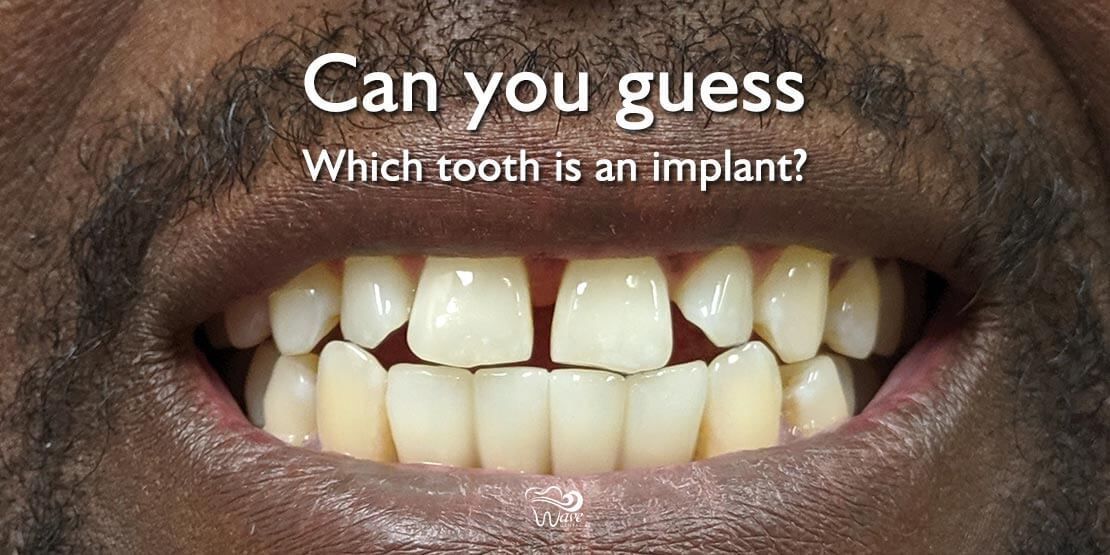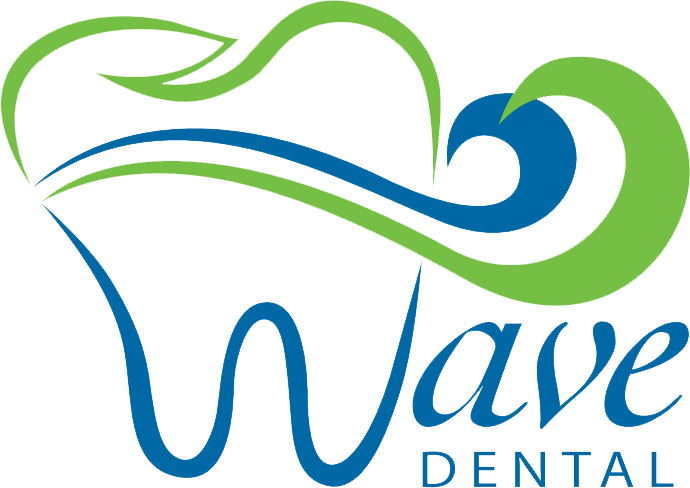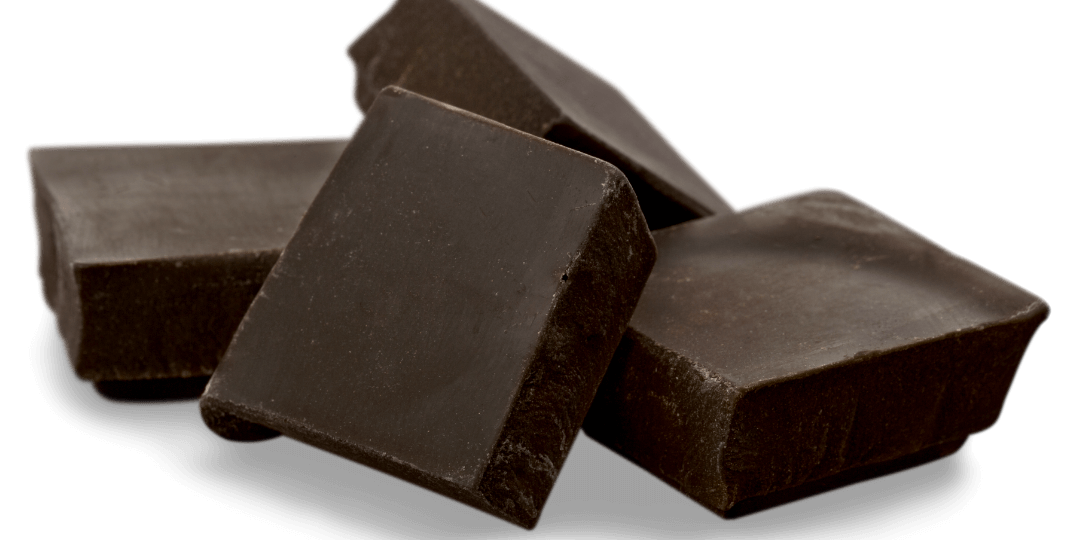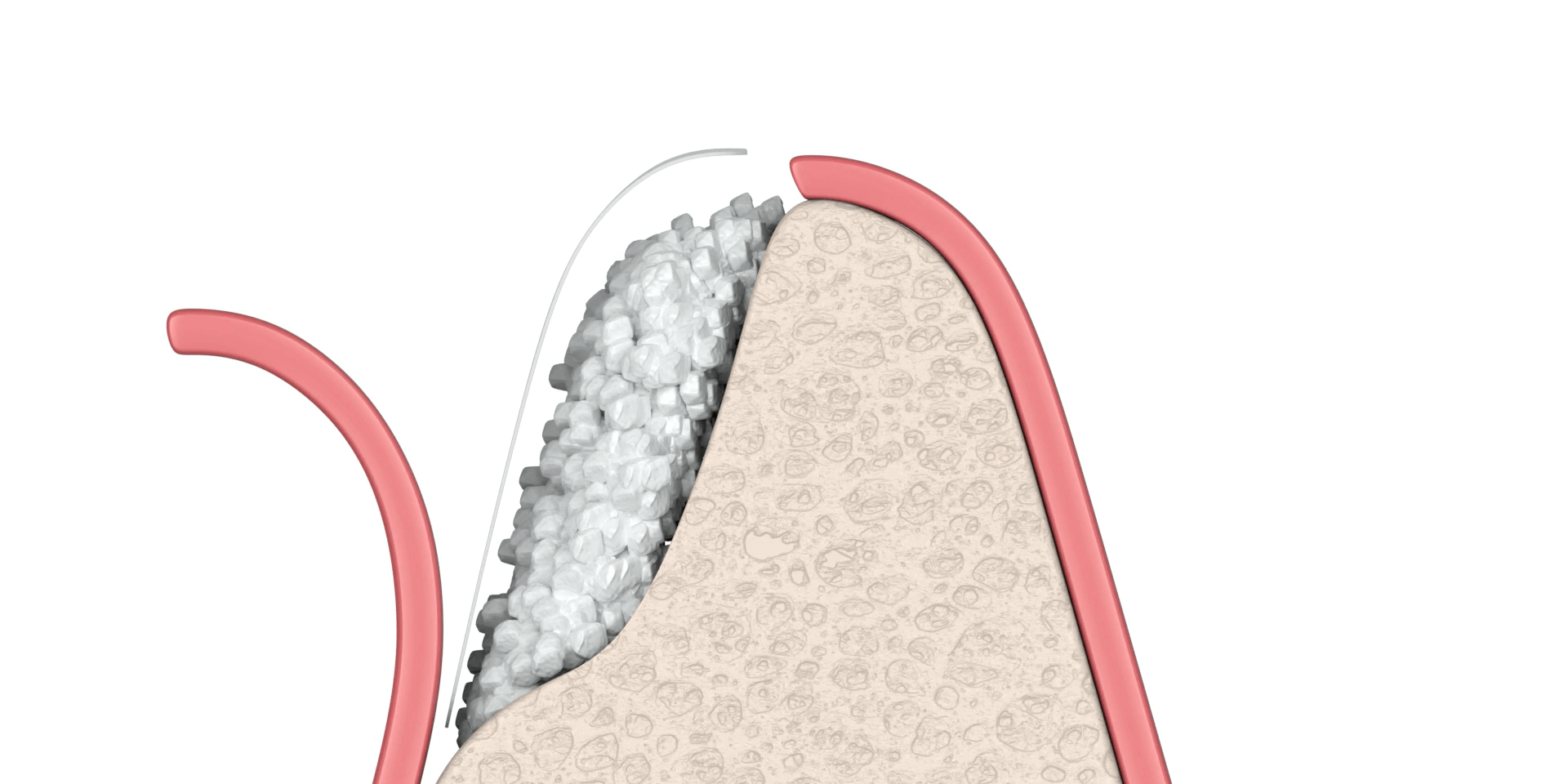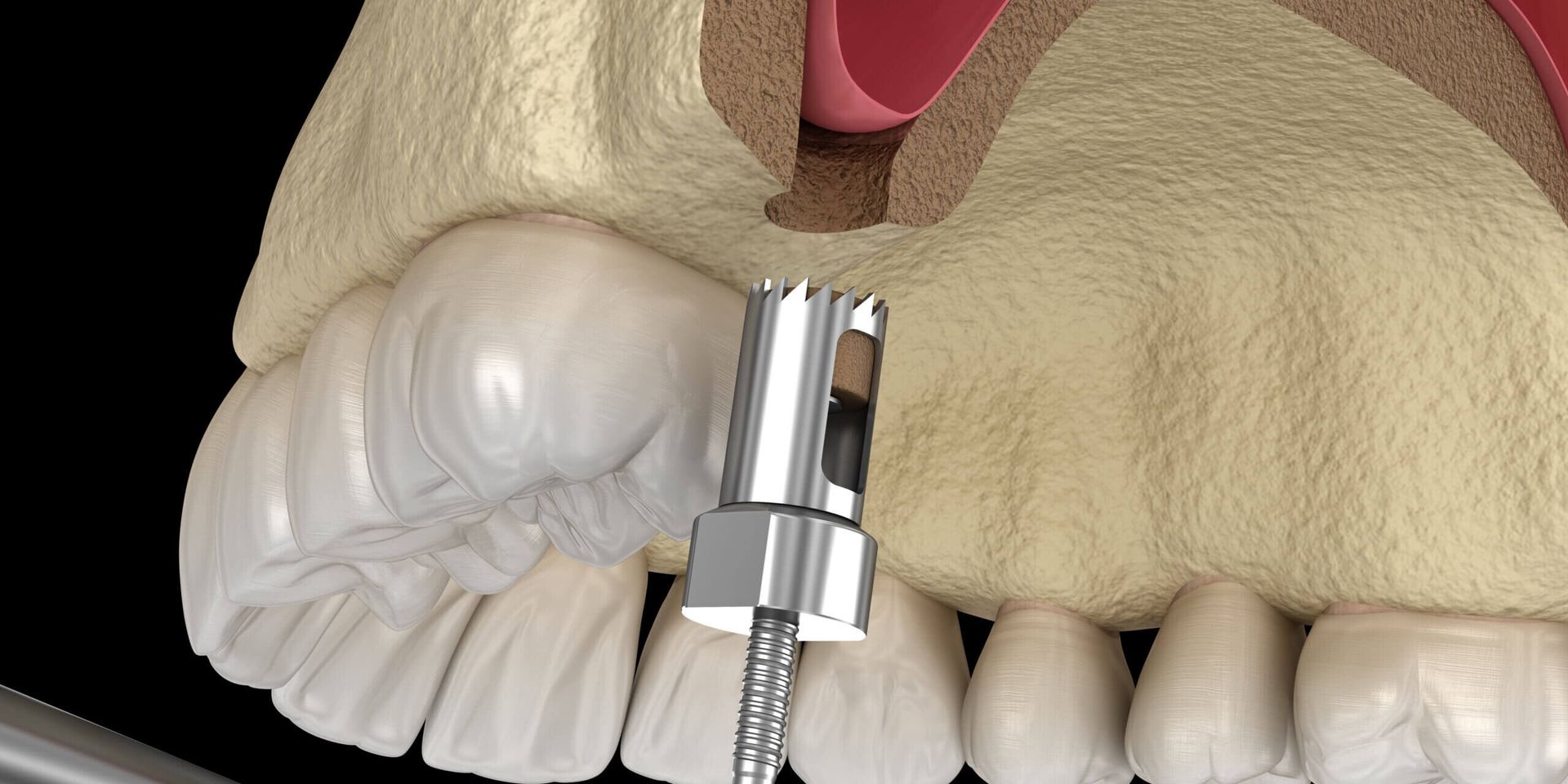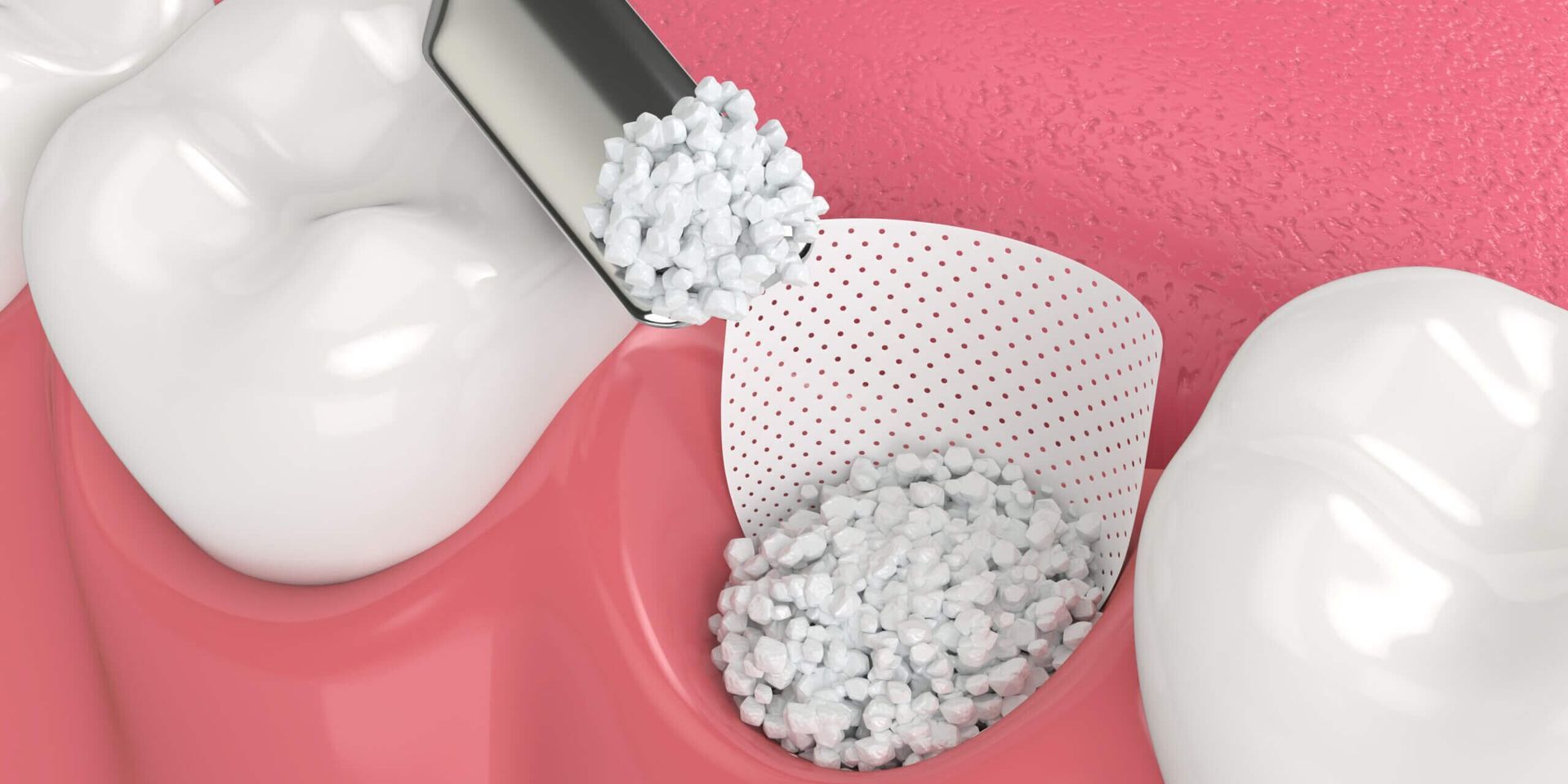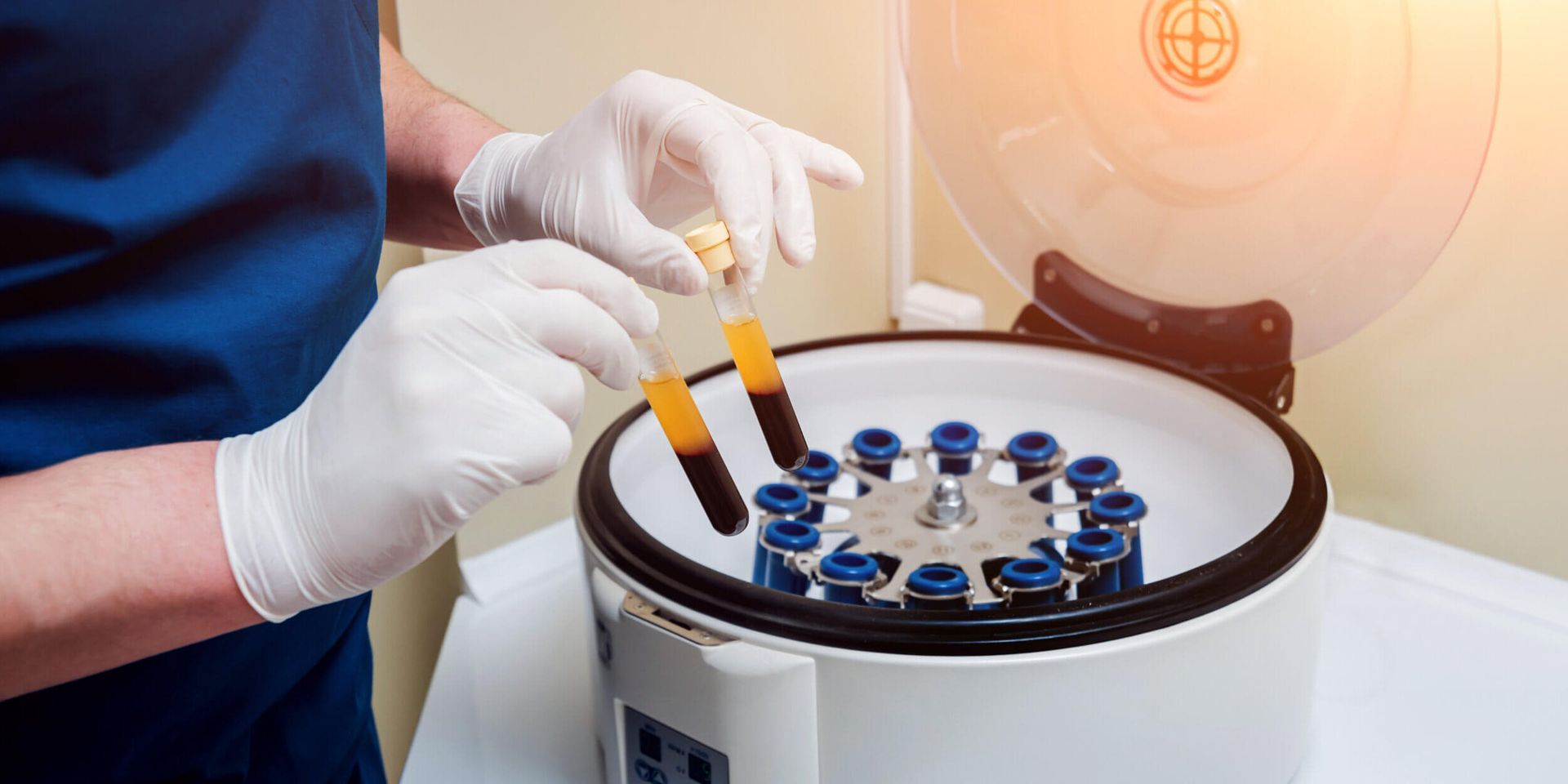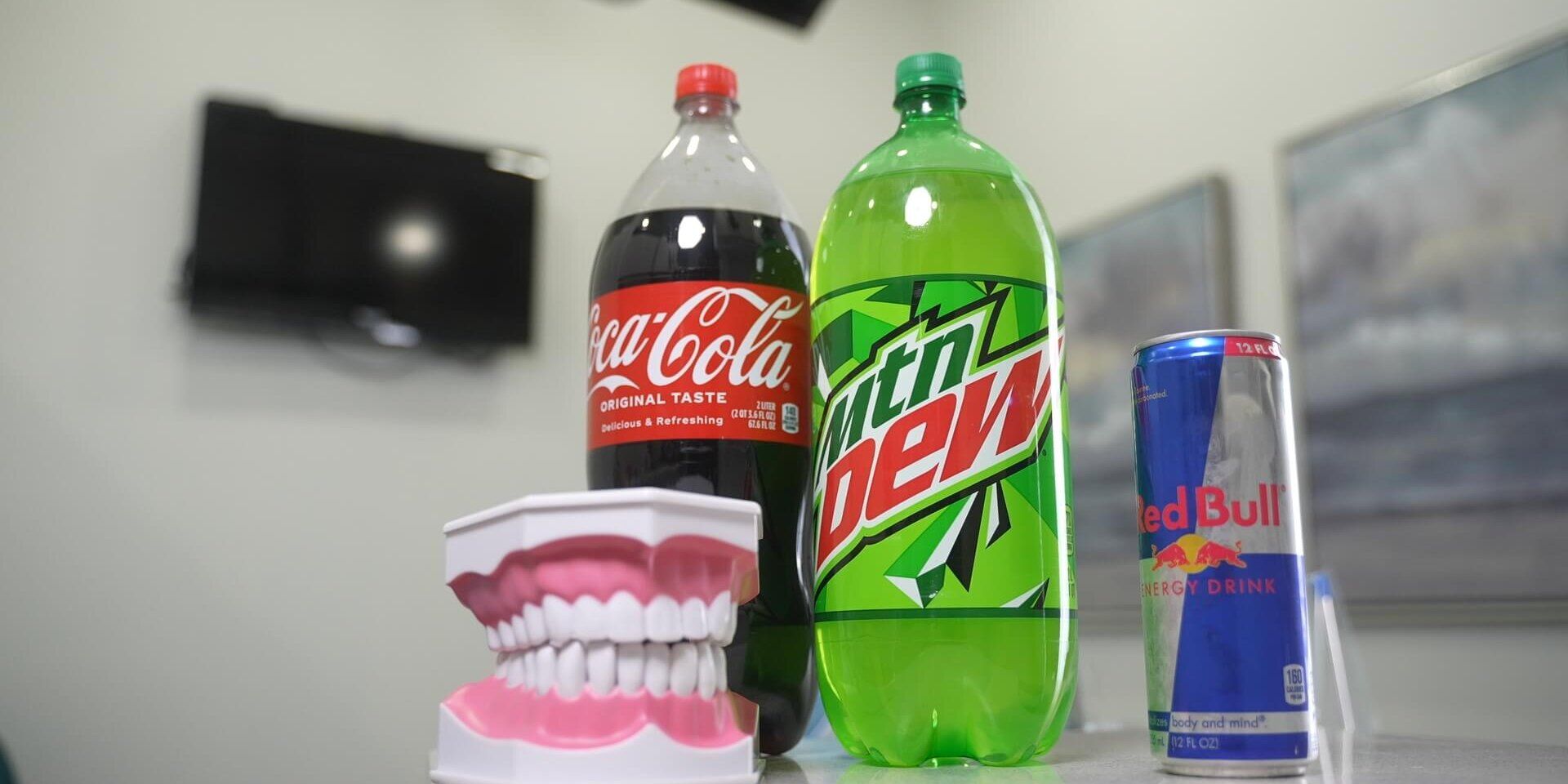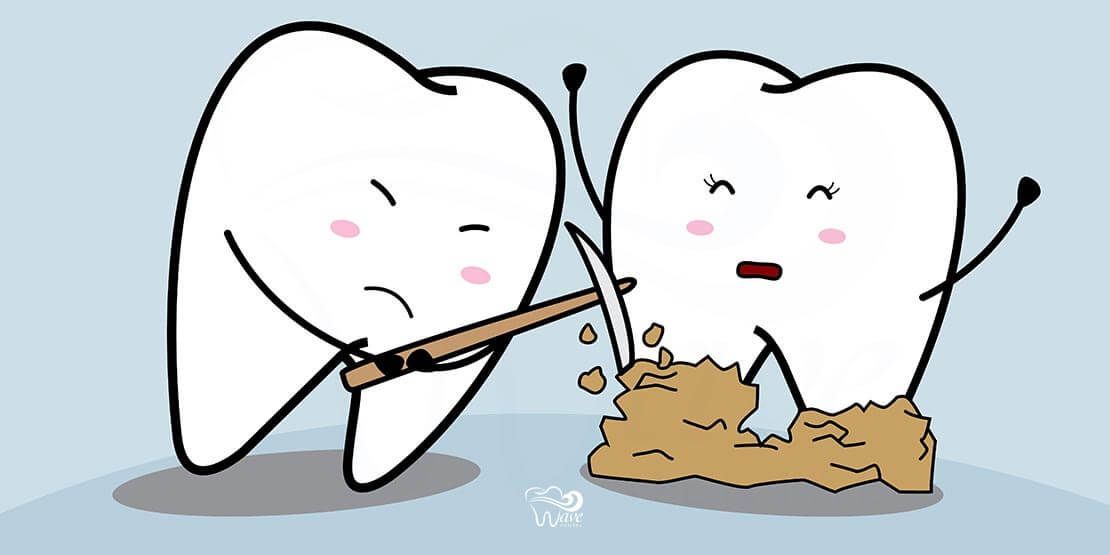Is Fluoride Safe?
Is Fluoride Safe?
Few topics generate as much controversy as community water fluoridation, and chances are, you’ve heard someone complain about the government putting fluoride in our water supply. Begun as a public health project in 1945, the initiative immediately drew accusations of communist subversion, mind control, and more. Controversy surrounding fluoride has continued to this day, as many U.S. cities debate whether to fluoridate their water. In this week’s post, I’ve put together some useful information to let you make an informed decision on your family’s use of fluoridated water and dental products. Feel free to skip to the recommendations section if you’re impatient to know how much fluoride is safe for you!
What is Fluoride?
Fluoride itself is an ion of the element fluorine, but many compounds containing fluoride are also commonly called fluorides (for example, sodium fluoride in toothpaste). Fluoride occurs naturally in groundwater, although different parts of the world vary highly in the amount of fluoride. After it was discovered that people living in areas with fluoride levels of approximately 1 part per million (ppm) had a lower rate of dental decay, many cities began to add fluoride to their water supply, and the Center for Disease Control considers community water fluoridation to be one of the top 10 public health achievements of the 20th century. However, many cities choose not fluoridate their water with mixed results, and localities around the country continue to debate its benefits. Toothpastes and other dental products also contain fluoride compounds that have been shown to help prevent decay and remineralize damaged enamel.
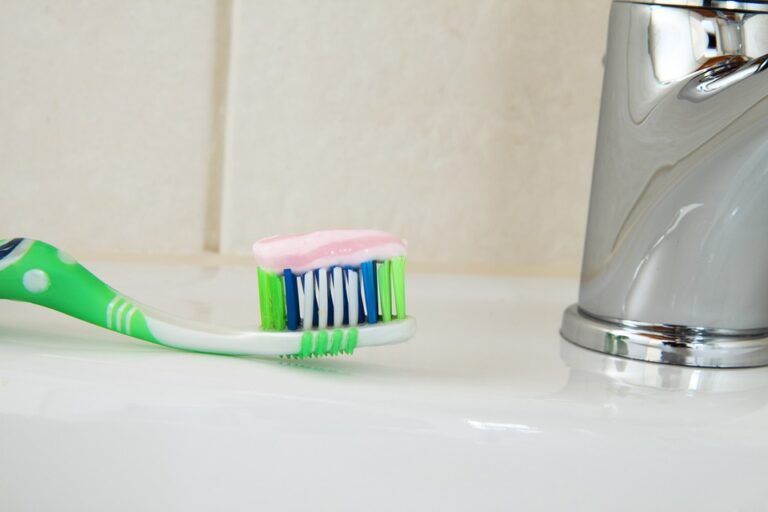
Water Fluoridation Controversy
Various anti-fluoride advocates have claimed that fluoride causes brain damage, cancer, and other health risks. Although many studies have been done on fluoride, the results can be conflicting and confusing. For example, studies in China have stirred up alarm at an apparent link between lower IQs and fluoride levels. But several other environmental factors that could affect IQ were not considered in most of these studies, and the fluoride levels in many of these areas were often many times higher than those participating in community water fluoridation, where similar studies have shown no such link. The studies investigating the preventive effects of community water fluoridation similarly vary widely in results from one region to another.
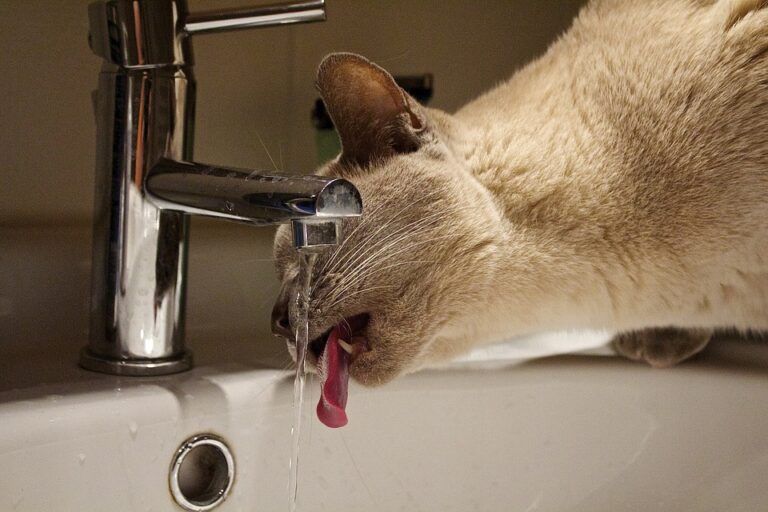
Also, it is now known that the main advantages of fluoride in preventing decay are in its topical application to teeth and not in its ingestion, while ingesting excess fluoride can cause staining of the teeth called fluorosis and may be problematic to individuals with kidney failure and some other illnesses, so there is a legitimate debate around the cessation or modification of current water fluoridation practices. So, while I cannot control the level of fluoridation of your water, the good news is, you have some control over what kind of water you drink, and as a dentist, I can provide my informed recommendation, as I do at the end of this article.
Conclusions
While I could continue for pages and pages about the risks and the benefits of fluoridated water and dental products, these days, it seems that anyone with their mind set on one belief or another will find enough evidence on the internet to convince themselves. That being said, I would encourage anyone to do their own research, making sure to read from a variety of sources in order to avoid being misled. To me, two things are obvious:
- Fluoride can greatly reduce the occurrence of dental caries (cavities) in children
- Excessive amounts of fluoride ingestion can cause negative health effects
It is important to note here, that an excess of almost any compound (including water) can cause severe health problems and even death. You wouldn’t let your child drink an entire bottle of cough syrup due to your understanding of the dangerous effects, but you also wouldn’t refrain from giving your child medicine based on that knowledge, so there is no need for alarm at the mere fact that there is fluoride in your water or toothpaste.
In my opinion, the question is not whether fluoride is safe, but to what extent we should be exposed to it. There is plenty of evidence to show that fluoride can prevent caries, and even remineralize damaged enamel in the early stages of dental decay. Although more serious health risks of fluoride are highly debatable, the most common side effect of increased fluoride consumption is fluorosis, a type of staining of the teeth, and this alone is reason enough to take reasonable precautions.
Conclusions
If you skipped over the rest of my post, here comes the TL;DNR section:
Water
One very interesting thing I learned through my research for this article is that, even within a certain county, there may be hundreds of different water supplies, each with a completely different level of fluoride. The CDC’s link below can show you what the fluoride level is in your area. The CDC considers 0.7 milligrams/liter to be sufficient for preventing tooth decay while remaining safe. My recommendation to parents of young children is to make sure a significant amount of their drinking water is fluoridated at this level, although it is not necessary to drink 100% fluoridated water, especially in areas with high concentrations of fluoride where fluorosis may be a concern.
Tap water may be filtered for taste and the presence of impurities and still keep its fluoride, as long as it is not gravity filtered or filtered through reverse osmosis. Bottled water differs widely in the amount of fluoride it contains, so if it makes up a large percentage of your child’s water consumption, check with the company that distributes it to know more. Gallons of fluoridated water are labelled as such at most grocery stores, while distilled or purified water does not contain fluoride.
Texas fluoride levels by county:
Toothpaste and Topical Fluoride
The ADA recommends fluoridated toothpaste for all ages, although only a small smear is necessary for children under 3, and non-fluoridated toothpaste may be used if you are concerned that your child is unable to spit. For children over the age of 3, a pea size amount of fluoridated toothpaste is sufficient, but again, children should be spitting the toothpaste out instead of swallowing it.
The professional application of topical fluoride every 6 months has been shown to be effective in preventing decay, so make sure to keep your children current with their dental check-ups!
Check out my previous blog post here for more information on how to prevent cavities in your children’s teeth.
Fluoride for Adults
In adolescent and adult patients, fluoridated water is less important, but the remineralizing effects of fluoride application are powerful and could save you a lot of time, money, and pain in the event that your teeth display signs of demineralization or a high risk of decay. Make sure to keep up with your 6-month exams and cleanings to catch demineralization early so that your dentist may treat it appropriately with prescription strength toothpaste or topical fluoride application.
I hope this post clarifies any confusion you may have about fluoride, but as always, feel free to email me or call or visit our office for more information!
